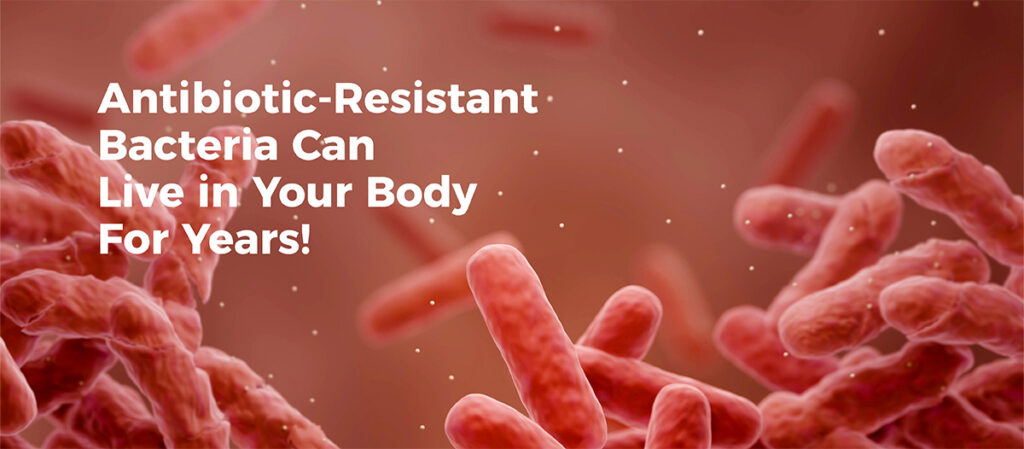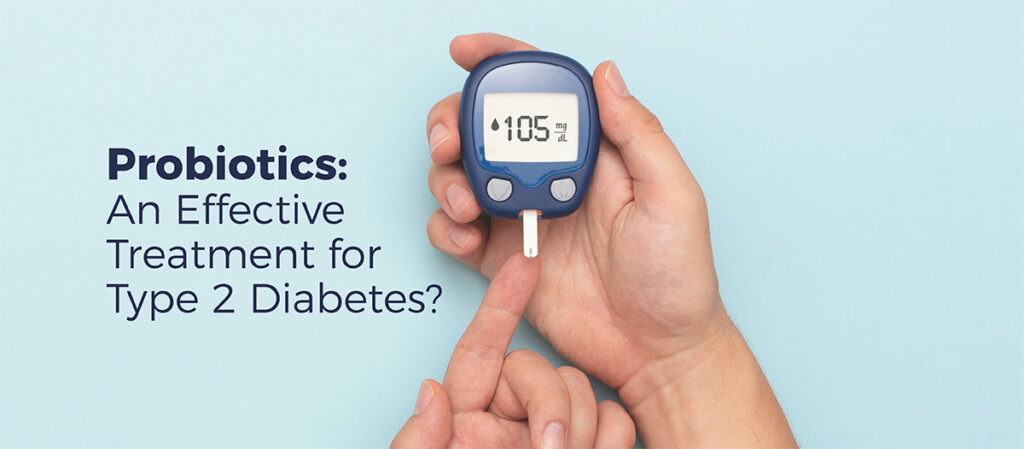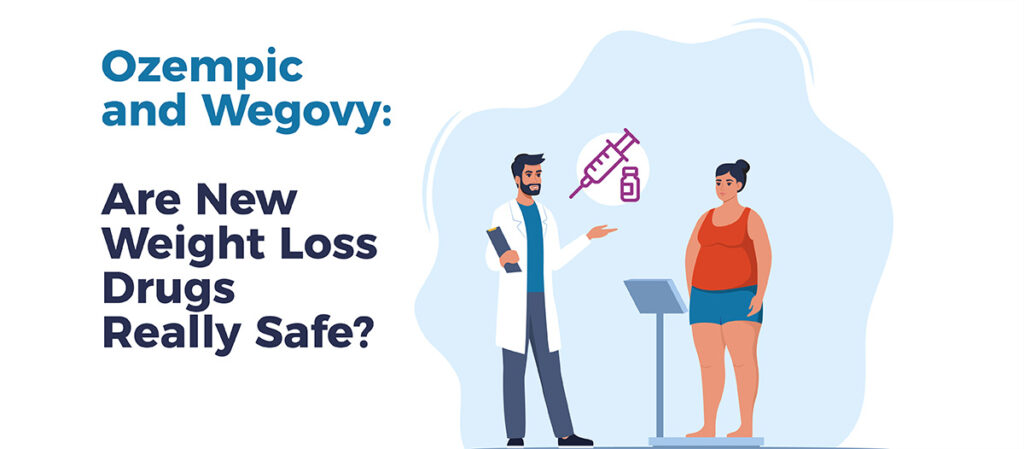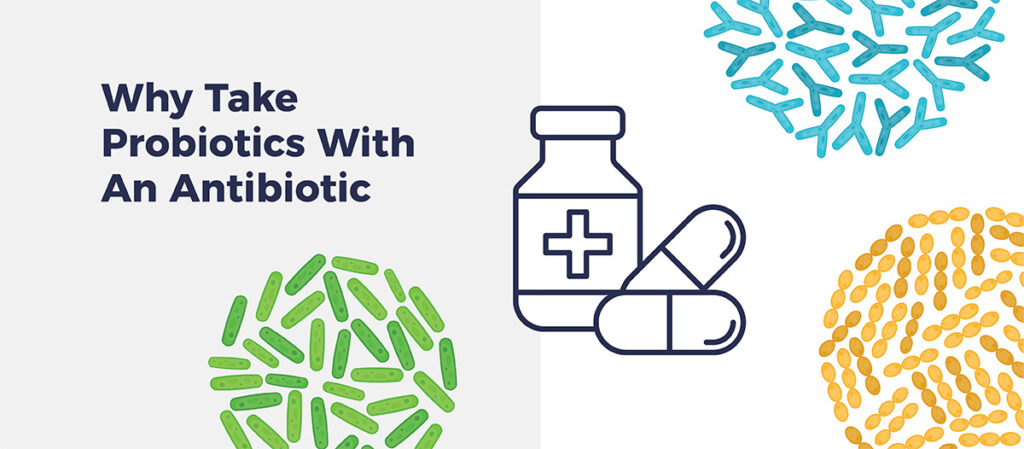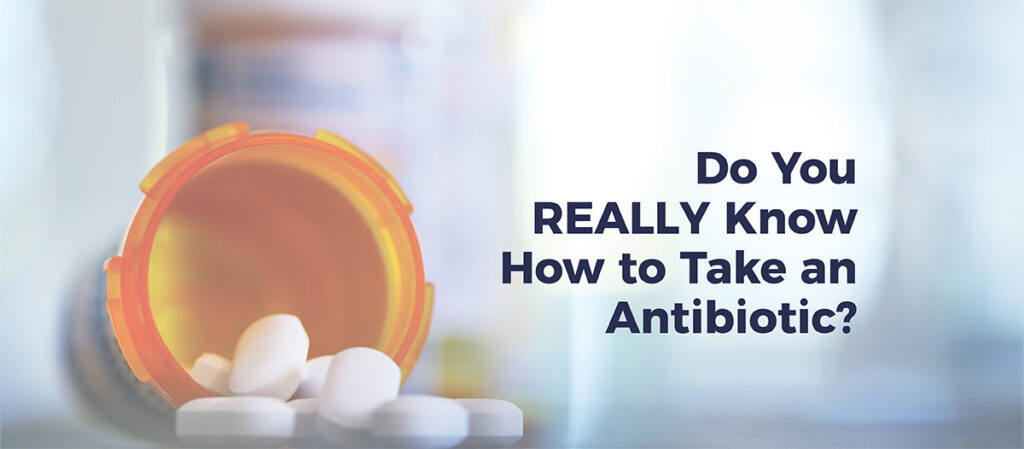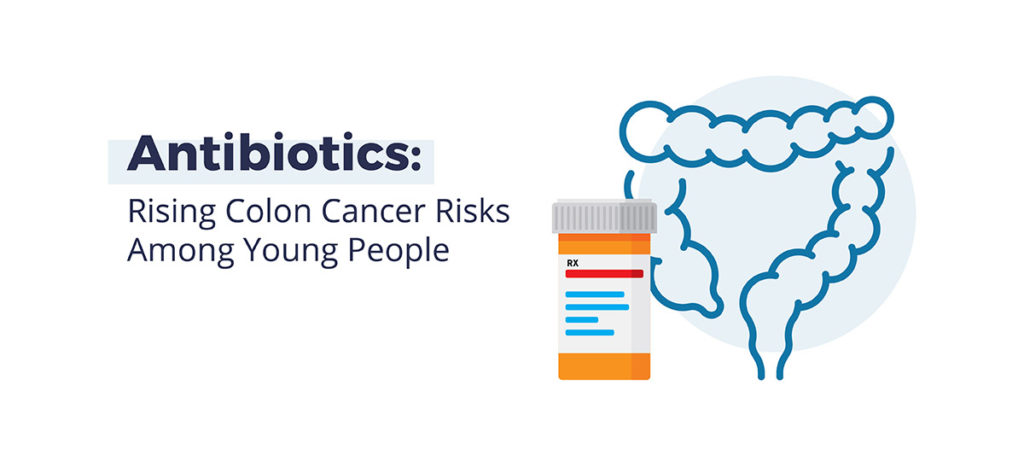Antibiotic-Resistant Bacteria Can Live in Your Body For Years!
Summary: Did you know some antibiotic-resistant bacteria can live in your body for nearly a decade?
Once upon a time, antibiotics were considered miracle drugs used to treat serious health problems and control the spread of once-fatal diseases.
However, we have learned over time that antibiotics worked almost too well.
Patients and their physicians came to rely on them so often for common health problems — from colds to sinus infections — that they can stop working altogether, creating problems with resistance to common antibiotics like those derived from penicillin or cephalosporin.
When those antibiotic-resistant superbugs take over your body they could hang around for nearly 10 years, based on the findings of a recent study appearing in Nature Communications.
Antibiotic-resistant bacteria hang on for a long time!
European researchers tracked the presence of two strains of antibiotic-resistant bacteria (E. coli and K. pneumoniae) in 73 patients every time they were admitted to their hospital from 2008 to 2018.
More than 350 samples of drug-resistant bacteria were collected during that time. Most of those bacteria were discovered as part of routine hospital screenings, but 12.5 percent were detected because the patient was a suspected carrier of an infection.
Depending on the strain, these resistant bacteria could live in various areas of the human body for nearly five years (K. pneumoniae) or more than nine years (E. coli). But that’s not all…
“These patients not only repeatedly become ill themselves, they also act as a source of infection for other people, a reservoir for these pathogens,” says Dr. Lisandra Aguilar-Bultet, the study’s lead author and a research associate in microbial genomics and bioinformatics at Switzerland’s University Hospital of Basel.
What this means for you
Before you begin to panic, know this: Bacteria like E. Coli live in your intestines, and most strains do little to no harm, according to the Mayo Clinic. But there are some that can do harm, as shown in this study.
The good news: You can do a lot to lessen your need for antibiotics merely by following our simple-to-follow antibiotic protocol.
But there will be times that you will need to take an antibiotic for a health problem.
When you absolutely need to take an antibiotic, protect the healthy balance of bacteria in your gut — the center of your body’s immune system — by taking a probiotic, ideally with multiple strains of beneficial bacteria, like those found in EndoMune Advanced Probiotic.
Taking a probiotic like EndoMune about two hours before your prescribed antibiotic gives those beneficial bacteria a jump on reaching your gut and protecting it and you from harmful superbugs.
References
Antibiotic-Resistant Bacteria Can Live in Your Body For Years! Read More »

